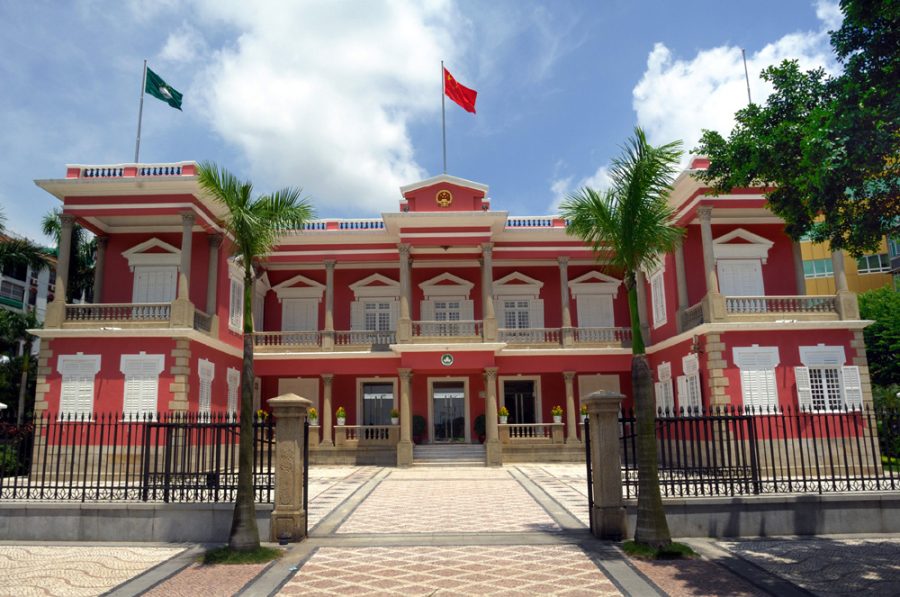Macau, China, 2 Aug – Nearly two thirds of Macau’s citizens wish to see universal suffrage for the election of the chief executive (CE) and more members of the Legislative Assembly (AL), according to the findings of a survey released by the New Vision of Macau Association (NVM) and the Macau New Chinese Youth Association Sunday.
The two associations randomly surveyed 1,240 interviewees on July 24 both by phone and on the street, at 12 locations around the Macau Peninsula and three locations in Taipa, according to The Macau Post daily today.
The survey was aimed at providing a litmus test of locals’ views towards political reform, following the recent passage of a political reform bill in Hong Kong, the co-organisers announced during a press conference held at the NVM premises.
Of those surveyed, 65 percent said they wish that Macau people will eventually gain universal suffrage for the election of the chief executive and legislature; 21 percent had no opinion, and 14 did not want universal suffrage.
Of those in favour of direct elections by universal suffrage, 73 percent were of the view that the government needed to announce a timetable and roadmap for political reform, while six percent thought it was unnecessary, and 21 percent had no opinion.
The survey also found that 49 percent of respondents thought it was urgent to undertake discussions on political reform, 26 percent had no opinion and 25 percent thought there was no pressing need.
However, of the different models presented by the survey, only 37 percent of the respondents said they wish that all lawmakers will be directly elected through universal suffrage; 20 percent said they wish to see an increase in the number of directly elected lawmakers, 13 percent said they wish to see a decrease in the number of officially appointed lawmakers; eight percent said they wish to see a drop in the number of indirectly elected lawmakers. Some 21 percent had no opinions, while one percent chose "other".
Currently, Macau’s legislature is composed of 12 directly elected leg-islators, 10 indirectly elected legislators representing business, labour,professional, welfare and other as-sociations, and seven members appointed by the chief executive.
Concerning the current structure of the legislature, 33 percent said they were satisfied, 32 percent were dissatisfied, and 35 percent had no opinion.
A total of 36 percent of the respondents thought that it was necessary to gradually eliminate indirectly elected lawmakers, while 35 percent thought it was unnecessary and 29 percent had no opinion. Forty percent thought it was necessary to gradually reduce the number of officially appointed lawmakers, 33 thought that it was unnecessary and 27 percent had no opinion.
Currently, the chief executive is elected by a 300-member committee.
The New Vision of Macau Association was set up in April, and according to its representatives is comprised of members from the academic sector focused on social issues.
The Macau New Chinese Youth Association is a civic group established in 2003, with the professed aim of "uniting" Macau’s young people.
(MacauNews)






